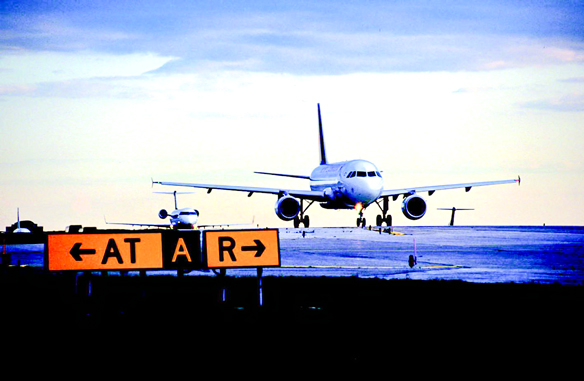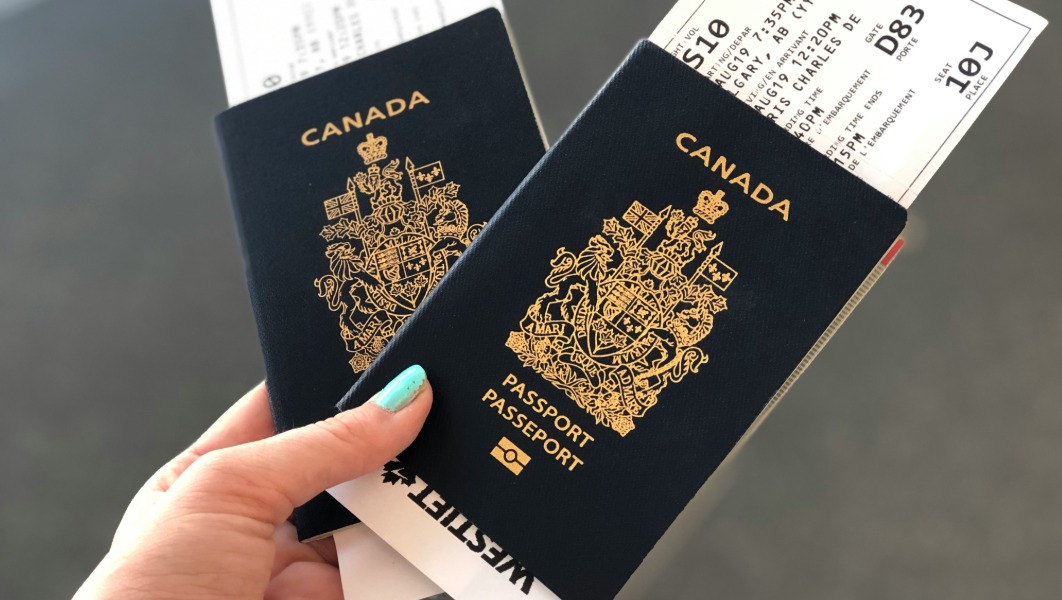IATA Establishes Modern Airline Retailing Program

IATA has established the Modern Airline Retailing program to advance customer centricity and value creation in the airline industry. The transformation will be accelerated by a consortium of advanced airline adopters that will work together through IATA.
Consortium participants include American Airlines, Air France-KLM, British Airways, Emirates, Finnair, Iberia, Lufthansa Group, Oman Air, Singapore Airlines and Xiamen Airlines.
The global airline industry association pointed out that in today’s environment, the customer experience is affected by decades old standards, processes and technology and the airline industry must adopt modern retailing practices that will create additional value for travelers and reduce the hassles of increasingly complex passenger document checking requirements.
Modern Airline Retailing will solve this dilemma and unleash value creation opportunities by transforming airline distribution to a system of “Offers and Orders” that will parallel what most other retailers use.
Muhammad Albakri, IATA’s Senior Vice President, Financial Settlement and Distribution Services, explained: “Our aim is to create value for travelers by meeting their needs. We know that passengers want a seamless digital experience; and they expect consistent service irrespective of how they purchased their travel. With the strength of a global consortium of leading airlines behind us, the next few years are set to see an accelerated and comprehensive transformation of the customer experience.” \
The Modern Airline Retailing program is built on three pillars:
Customer Identification — Industry standards, which build on the One ID standard, allow passengers to streamline their journey with advance information sharing and a contactless process at the airport based on biometric recognition. Furthermore, this program will also allow airlines to offer a seamless experience across different channels and touchpoints and have greater visibility into third party travel sellers with whom they are dealing.
Retailing with Offers — Progress is already well underway with more than one in 10 travel agent sales coming from New Distribution Capability (NDC) interfaces; and some airlines already have over 30% of their indirect bookings coming through NDC. Industry standards will continue to evolve in the areas of personalization, dynamic pricing, bundles including third party content such as intermodal, and digital payment options. Travelers will have more choice and see the full value of what is on offer, regardless of whether they are buying via the airline website or through a travel agent.
Delivery with Orders — With Orders, travellers will no longer need to juggle between different reference numbers and documents (PNRs, e-tickets and Electronic Miscellaneous Documents) particularly when dealing with travel disruptions or itinerary changes. Industry standards to support this transition have already been developed as part of the ONE Order project. The next step is a full suite of industry standards that will allow the airlines to overhaul the dated infrastructure upon which airline technology currently rests.
Air Canada’s Senior Director of Distribution and Payments and Chair of the IATA Distribution Advisory Council Keith Wallis said: “NDC has created enormous opportunity for airlines to evolve their products and services to be more customer centric. With support from across the value chain airlines can now take the next steps towards becoming true modern retailers, centered on the customer experience.”
Wallis continued: “Airlines can now create compelling new customer-centric Offers. Using Orders, we can simplify the entire purchase and travel experience. As an industry, this is a rare and unique opportunity to make a step-change evolution in how we do business.”
IATA is supporting this transformation by facilitating the development of industry standards and ensuring these standards, implementation guides and other required capabilities are easily accessible to all. IATA also continues to engage with all value chain stakeholders to ensure technical pain points are identified and propose industry approaches where possible.
Go to www.iata.org for more.


